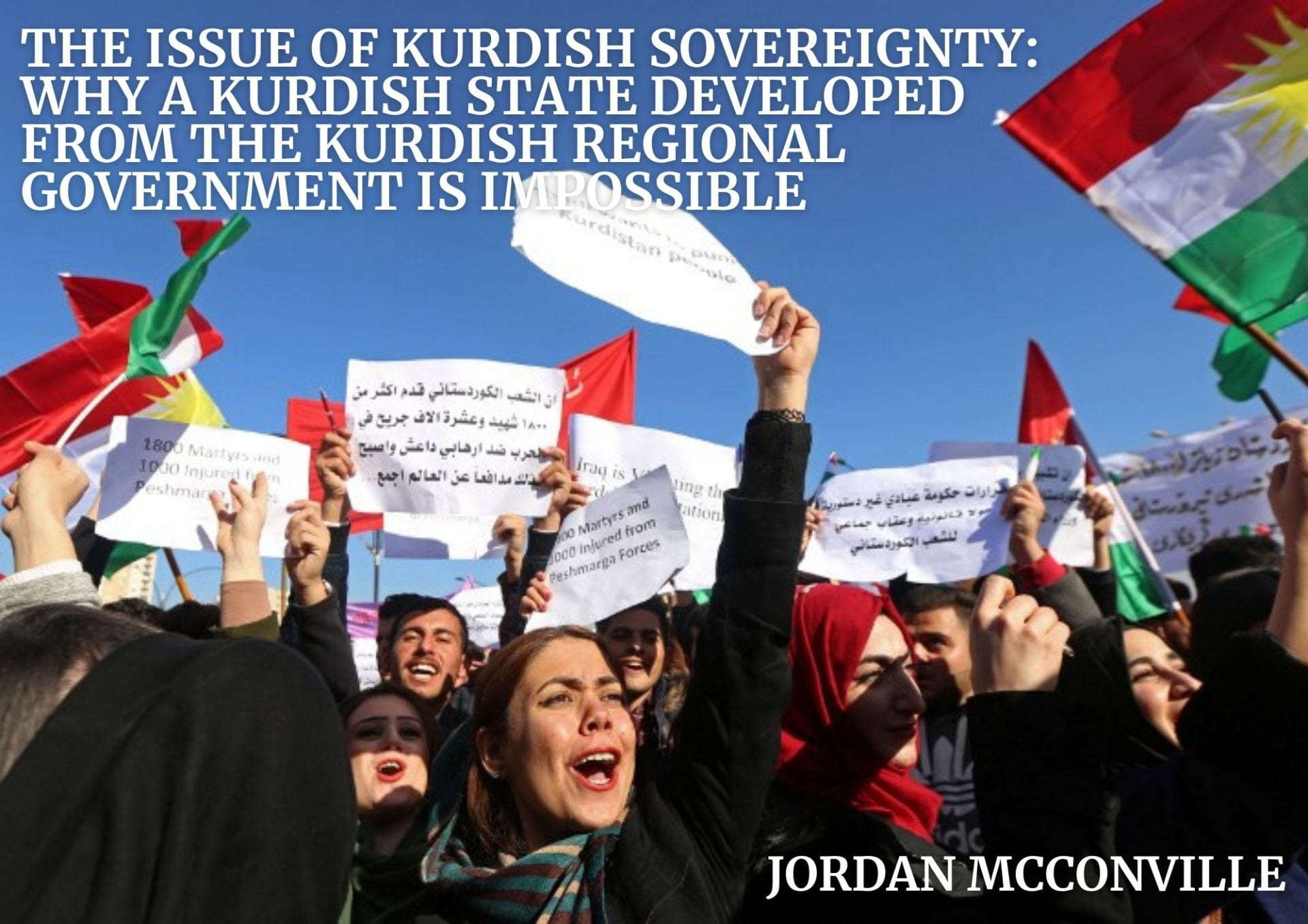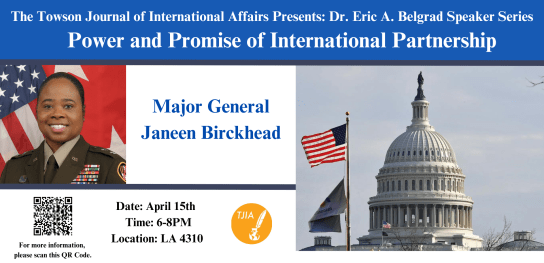VOLUME LV – NUMBER 2
Jordan McConville
Abstract: Scattered across Northern Iraq, Turkey, Syria, and Iran, the Kurds are the largest nation with a unique language, culture, religion, and identity without a state. Totaling over 28 million people in the Middle East, their requests for independence have been denied since the early 1900s when they were part of the Ottoman Empire. Centered in Erbil, the Kurdish Regional Government (KRG) in northern Iraq has made the most progress towards independence and acts with almost full autonomy in Iraq. In 2017, the KRG held an official independence referendum to open dialogue about the possibility of a Kurdish state. Taken as an attack on Iraqi sovereignty and condemned by all parties, including the U.S., this act was seen as threatening to internally divide and dissolve Iraq. This paper analyzes the limiting factors of the KRI gaining an independent state. I have concluded that despite the Kurds being deserving of sovereignty, the future of a Kurdish state is unlikely as long as the current political conditions persist. If the KRI were to leave Iraq, Iraq would likely lose territorial integrity, struggle financially without Kurdish oil money, and have administrative holes from Kurdish officials leaving Baghdad. The KRG’s current state of fragility will be crippling if the KRG cannot develop its infrastructure and economy. Additionally, the political divide and nepotism in the KRI would cause the newly minted state to fail before establishment as the PUK and the KDP would be unable to collaborate on nation-building, in addition to being too corrupt to serve Kurdish citizens. With the combination of internal and external pressures on Kurdistan, a Kurdish state will only be a possibility if the new state is strong enough to sustain the regional pressures. Where the KRG stands now, a Kurdish state would not be a stable addition to the Middle East.
Keywords: Kurdistan, Sovereignty, Independence Referendum, Iran, Kurdish Regional Government, Talabani, Barzani
About the Author: Jordan McConville is an Honors College freshman at Towson University studying International Relations and Pure Mathematics. Beginning in her senior year of high school, Jordan has been interested in the regional conflicts of the Middle East with a specific focus on the effects of terrorism. This research was motivated by her interest to better understand the relations between state and non-state actors in the Middle East.
Click here for previous article | Click here for full article | Click here for full Journal Issue | Click here for next article



